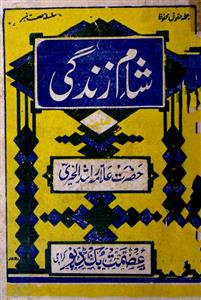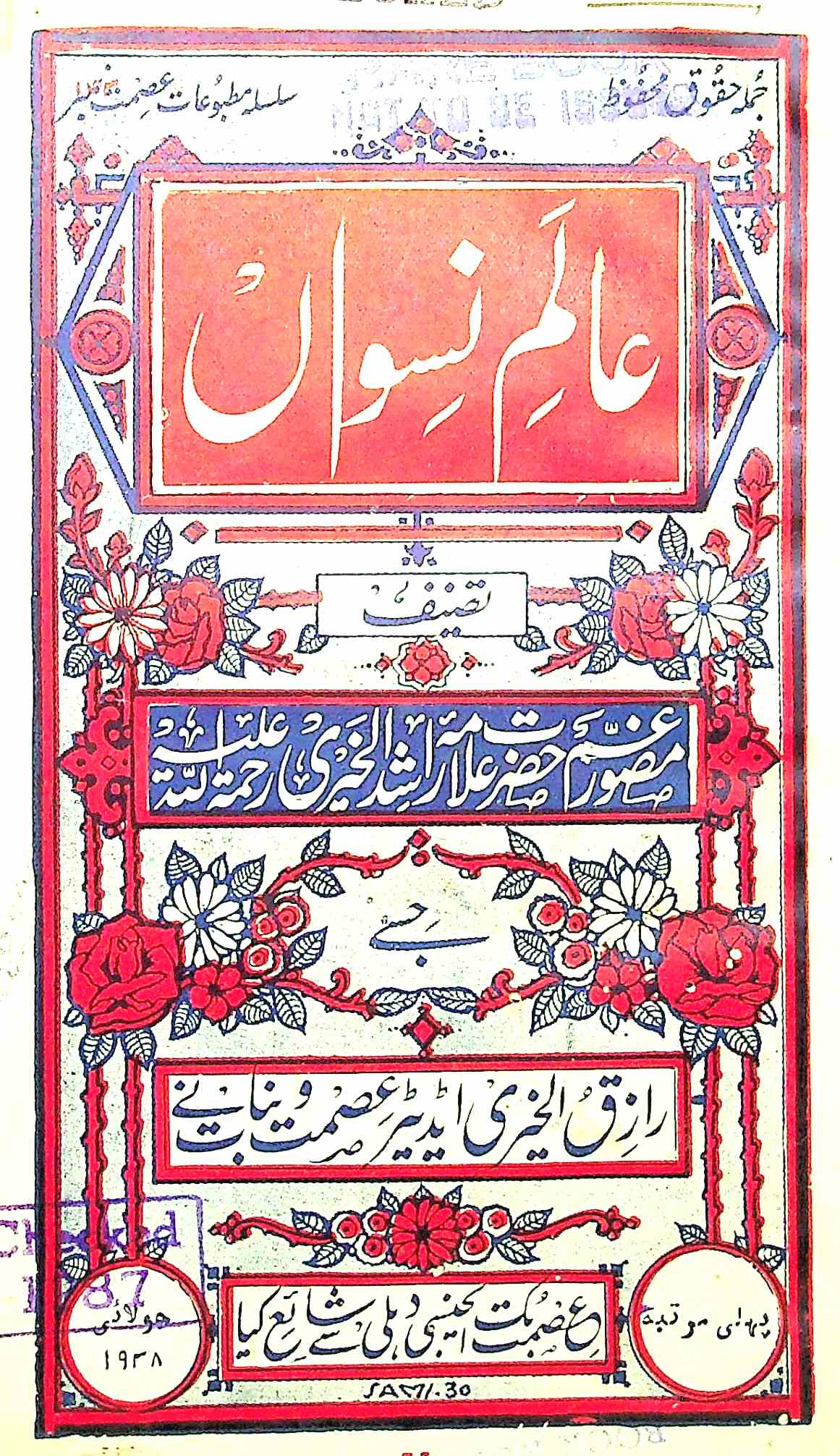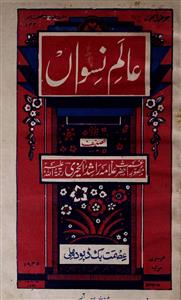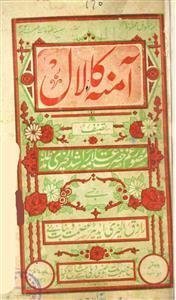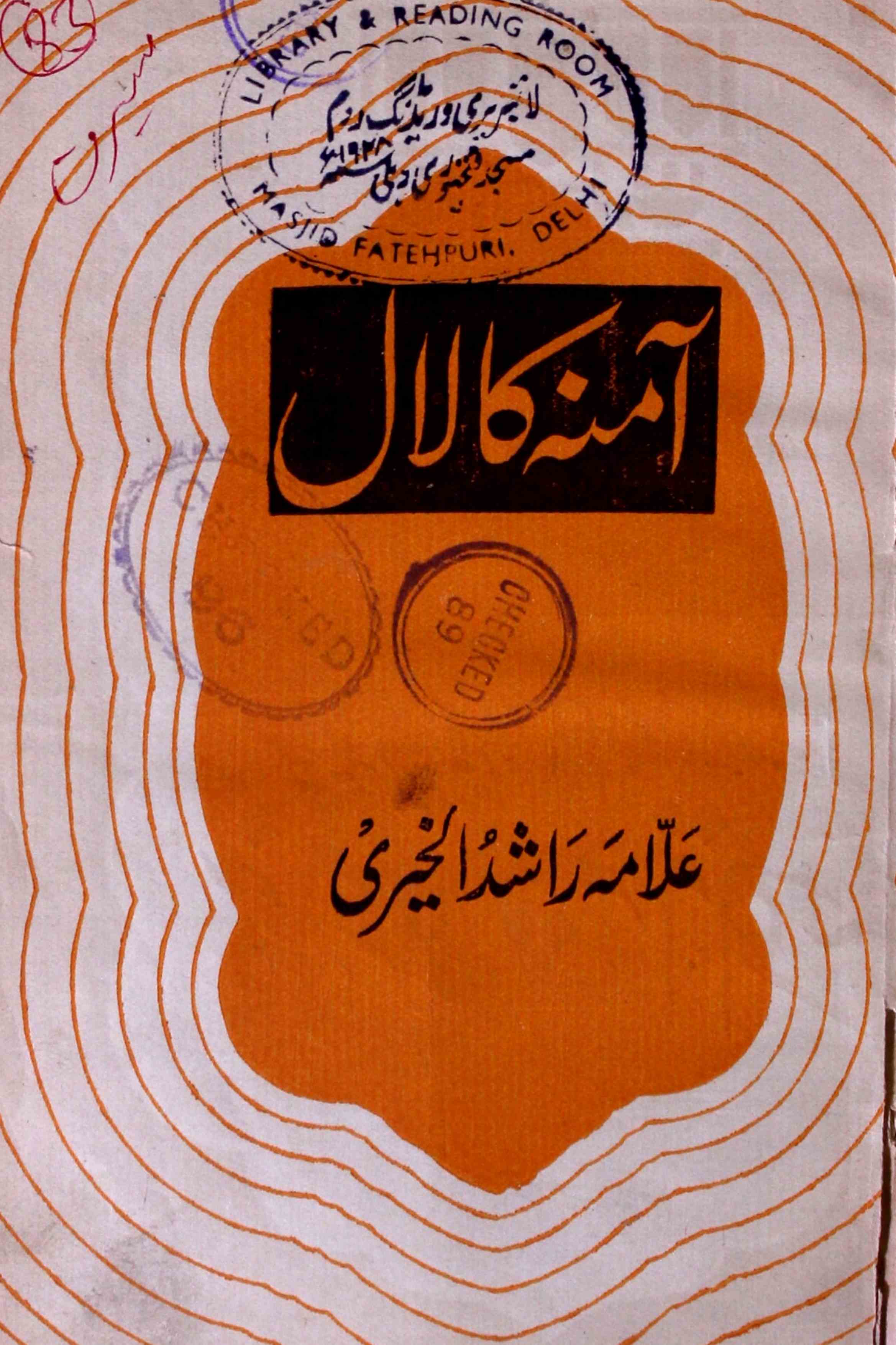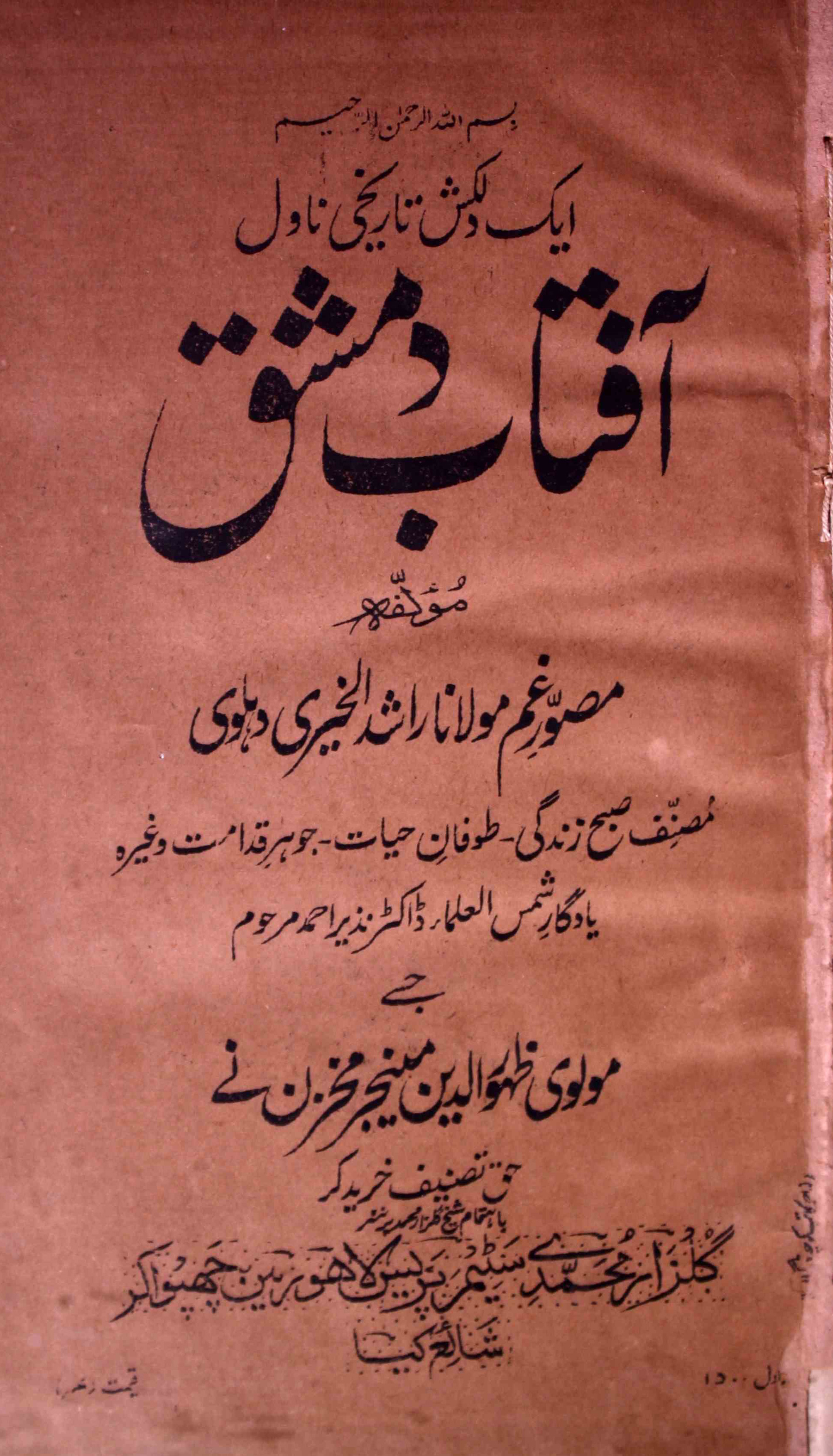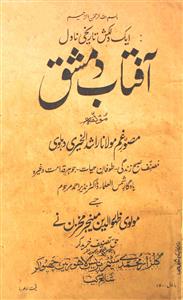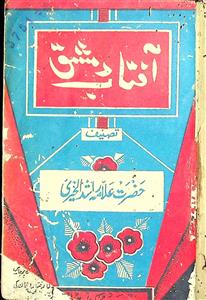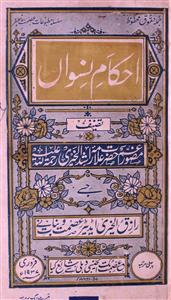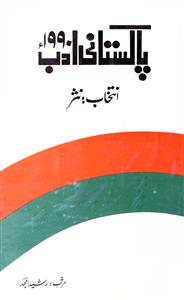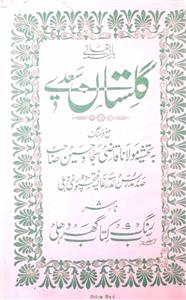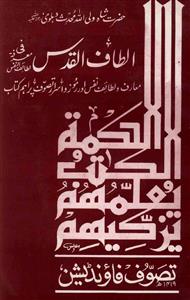 For any query/comment related to this ebook, please contact us at haidar.ali@rekhta.org
For any query/comment related to this ebook, please contact us at haidar.ali@rekhta.org
About The Book
مصور غم راشد الخیری اردو ناول نگاری کا ایک ایسا اہم نام ہے جنھوں نے اردو ناول نگاری میں ایک منفرد انداز کی بنیاد ڈالی۔انھوں نے اپنے ناولوں میں مسلم سماج کی برائیوں اور مسائل کی عکاسی کی ہے۔پیش نظر ناول "شام زندگی" میں عورتوں کے ازدواج زندگی کے مسائل کو موضوع بنایاگیا ہے۔ ناول میں اس نکتہ پرسب سے زیادہ زور دیا گیا ہے کہ شادی سے پہلے فریقین کا ایک دوسرے کے عادات واطوار، خیالات اور رہن سہن ماحول سے واقف ہونا ضروری ہے۔ جس سے شادی کے بعد کم مشکلات کا سامنا کرنا پڑے گا۔ فریقین میں ذہنی ہم آہنگی نہیں ہوگی تو پھر پس ازواج نا موافقت کی مشکلا ت پیش آئیں گی۔ اکثر والدین لڑکیوں کی خاموشی کو رضامندی سمجھ ،نکاح کردیتے ہیں۔ جس سے بعد میں فریقین میں ذہنی ہم آہنگی اور ایک دوسرے کے لیے پسندیدگی نہ ہونے کے سبب ازداوجی زندگی میں مسائل پید اہوجاتے ہیں۔ اسی اہم موضوع کو پیش نظر ناول "شام زندگی" میں پس ازدواج عورت کی زندگی کی درد بھری داستاں کوناول کے پیرائیہ میں پیش کیا ہے۔
About The Author
One of Urdu most prominent names in the genre of novel-writing, Rashidul Khairi was born in 1868 in Delhi. His father's name was Abdul Wahid who worked in Hyderabad. His predecessors were associated with the Mughal emperors as their teachers. Also, Deputy Nazir Ahmad was the uncle of Rashidul Khairi.
Rashidul Khairi’s father died when he was very young, so the task of his upbringing fell on his grandfather. His uncle also continued to help. He studied Arabic, Persian and Urdu at home according to the customs of the time, but later entered an English-medium school. Upon the completion of his education, he took up a government job in 1891 and remained associated with it. When he retired in 1910, he began writing and gave many valuable novels to Urdu literature. He died at the age of 68. That is, he died in 1936.
As told above, Nazir Ahmad was a huge influence on Rashidul Khairi. Nazir Ahmed made women's reform the subject of his novels. Under his influence, Rashid al-Khairi drew attention to women's issues and tried to cover topics not only in his novels but also in articles that were based on the situation and reform of women at that time. He published several magazines. Of which "Ismat" is the most famous. Other magazines like "Binat", "Tamaddun", "Johar-e-niswan" and "Sohaili" were also published from time to time. He also set up an institution for the education and training of women called ‘Tarkeeb-gaah-e-Binaat’.
Rashidul had a sentinel heart, he realized that the women of his time were very oppressed. Their position in society should not be as it should be. Then the backwardness of the customs of that time became even more severe. Therefore, he does not refrain from condemning vile and ugly rituals and constantly deny such rituals. But he also rebuked Western civilization. Some critics disagree with Rashid al-Khairi's novels because they have given the woman the idea of a virgin but have taken away her pride of being a partner. To him, it is a statue of dignity, sincerity, self-sacrifice, sacrifice, purity and truth that makes no mistake. There are no major flaws, no weaknesses and this is a one-sided picture.
Some of his important novels are, "Amna Ka Lal", "Syeda Ka Lal", "Al-Zabiha", "Urus-e-Karbala", "Mah-e-Ajam", "Nani Anshu", “Anguthi Ka Raz”, “Subh-e-Zindagi”, “Sham-e-Zindagi” "Sarab Maghrib", "Tamgha-e-Shiatani", "Hayat Saleh", "Bint Al-Waqt", "Wadaa Khatun" etc. He died at the age of 68, in 1936.
 For any query/comment related to this ebook, please contact us at haidar.ali@rekhta.org
For any query/comment related to this ebook, please contact us at haidar.ali@rekhta.org
Write a Review
Jashn-e-Rekhta 10th Edition | 5-6-7 December Get Tickets Here
